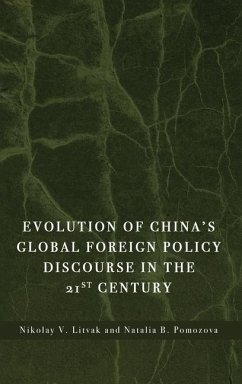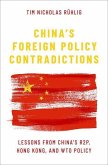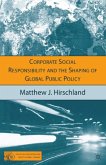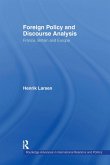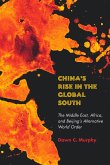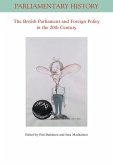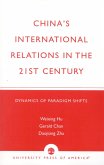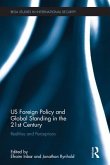China's rapid economic development in recent decades has significantly boosted its international political activities as evidenced by the promotion of a set of relevant global foreign policy doctrines. Unlike the concepts adopted under Mao Zedong and Deng Xiaoping, which were primarily ideological, China's foreign policy conceptions since the early 2000s have been more scientific and commercial. The book analyses factors that influenced the change of foreign policy discourse of China during Xi Jinping's Premiership (from 2012 till now). The book analyses the genesis and contents of modern China's major foreign policy conceptions, such as the "One Belt, One Road" Initiative. These conceptions will be examined through the methodology of different theories and approaches, from sinicized Marxism, Max Weber's theory, through to Foucault, Derrida and others. An important and challenging issue in China's modern discourse is the problem of democracy and human rights. The book takes an interdisciplinary approach to these problems in relations between the West and China. Modern China, having carried out rapid socio-economic, scientific and technological development, not only did not change its political system, but also proceeded to reformat the international sphere of human rights in accordance with its understanding of them. The growing "shutdown" of China to the outside world narrows the opportunities for researchers, in whose arsenal the analysis of the discourse of key foreign policy actors occupies one of the central places.
Bitte wählen Sie Ihr Anliegen aus.
Rechnungen
Retourenschein anfordern
Bestellstatus
Storno

